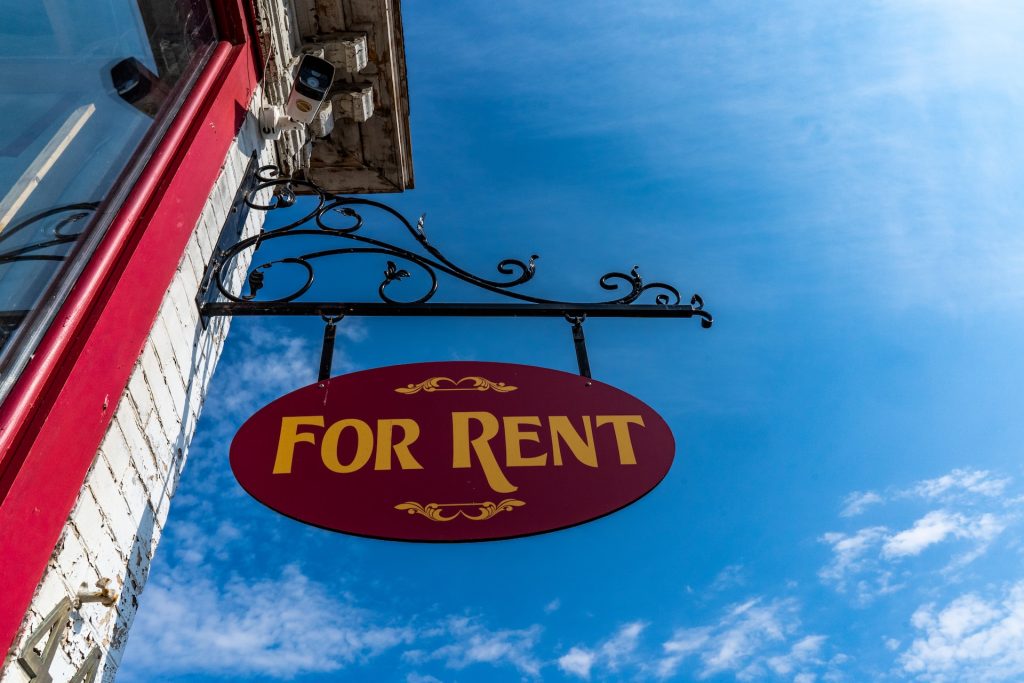

When it comes to finding a place to call home, one of the most critical decisions individuals and families face is buying vs renting. This decision has significant financial and lifestyle implications that can shape their future. In this article, we will explore the pros and cons of buying vs renting a home in Ucluelet, helping you make an informed choice that aligns with your goals and circumstances.
One of the primary advantages of buying a home is the opportunity to build equity. As you make mortgage payments over time, you gradually increase your ownership stake in the property. Moreover, real estate has historically appreciated in value over the long term, providing potential financial gains when you decide to sell.
Owning a home offers a sense of stability and security. You have the freedom to personalize the space, make modifications, and create a home that truly reflects your style and preferences. Additionally, you are not subject to the whims of a landlord or the uncertainties of lease renewals.
Homeownership comes with certain tax advantages. In many countries, including Canada, homeowners can deduct mortgage interest and property taxes from their taxable income. This can result in substantial savings, especially in the early years of homeownership when mortgage interest payments are typically higher. Check out this awesome article for more information on the tax benefits of homeownership in Canada.
Another benefit of buying a home is the potential for generating rental income. If your property has additional space or a separate unit, you can rent it out to tenants, creating an additional revenue stream. This can help offset mortgage payments or provide a source of passive income.
One of the primary drawbacks of buying a home is the significant upfront costs involved. These include the down payment, closing costs, and potential expenses for renovations or repairs. Accumulating these funds can be challenging, particularly for first-time buyers.
As a homeowner, you are responsible for maintaining and repairing your property. This can be both time-consuming and costly. Regular upkeep, unexpected repairs, and major renovations are all part of the homeowner's responsibilities, which may require a significant financial commitment.
The real estate market is subject to fluctuations, and property values can rise or fall based on various factors such as economic conditions and local market trends. While historically property values have appreciated over the long term, there is always a degree of uncertainty and risk associated with market volatility.
Owning a home can limit your flexibility, particularly if you anticipate the need to relocate in the near future. Selling a property can be time-consuming and challenging, especially if you need to sell quickly. Homeowners may also face challenges in adjusting their living arrangements to suit changing needs or circumstances.
Renting a home typically requires lower upfront costs compared to buying. There is no need for a down payment, and the upfront expenses are generally limited to security deposits and possibly a few months' rent. This makes renting more accessible for those with limited savings or uncertain financial situations.
Renting offers greater flexibility and mobility compared to homeownership. If you anticipate a change in job, lifestyle, or location, renting allows you to move more easily without the burdens of selling a property. It provides the freedom to upgrade or downgrade living arrangements as needed without being tied down to a particular place.
One of the advantages of renting is that you are not responsible for property maintenance. Repairs and upkeep are typically the landlord's responsibility, allowing you to avoid the financial and time commitments associated with maintaining a home. In case of any issues, you can rely on landlords or property managers to address them promptly.
Renting often provides access to amenities that may be otherwise unaffordable or impractical for homeowners. Apartments, condominiums, or rental communities frequently offer amenities such as pools, gyms, communal spaces, and security services. These amenities can enhance your lifestyle and provide added convenience.
Unlike homeownership, renting does not allow you to build equity or accumulate long-term financial gains. Rent payments do not contribute to ownership, and as housing costs increase over time, you may find yourself in a situation where a significant portion of your income goes towards rent without building any equity.
Renting often comes with limitations on making changes to the property. Landlords may have strict rules regarding modifications or personalization, preventing you from fully customizing the space to your liking. This can affect the feeling of truly making it your own home.
Renters do not benefit from the tax advantages associated with homeownership, such as deducting mortgage interest or property taxes. This means missing out on potential tax savings that homeowners can leverage to reduce their tax burden.
The rental market is subject to fluctuations just like the real estate market. Rent prices can increase over time, reducing the predictability and stability of housing costs. Additionally, rental availability can vary depending on market conditions, making it challenging to secure a desirable rental property during high-demand periods.
Deciding whether to buy or rent a home is a significant choice that should consider your financial goals, lifestyle, and priorities. Buying a home offers the potential for equity building, stability, tax benefits, and potential rental income. However, it comes with high initial costs, maintenance responsibilities, market risks, and limited flexibility. On the other hand, renting provides lower upfront costs, flexibility, no maintenance responsibilities, and potential access to amenities. Yet, renting lacks equity building, limited control, no tax benefits, and potential rental market fluctuations.
It is crucial to carefully weigh these pros and cons while considering your personal circumstances and long-term plans. Seek the advice of professionals, such as real estate agents or financial advisors, to make an informed decision that aligns with your needs and financial well-being. Remember, there is no one-size-fits-all answer; the right choice depends on your unique situation and goals.